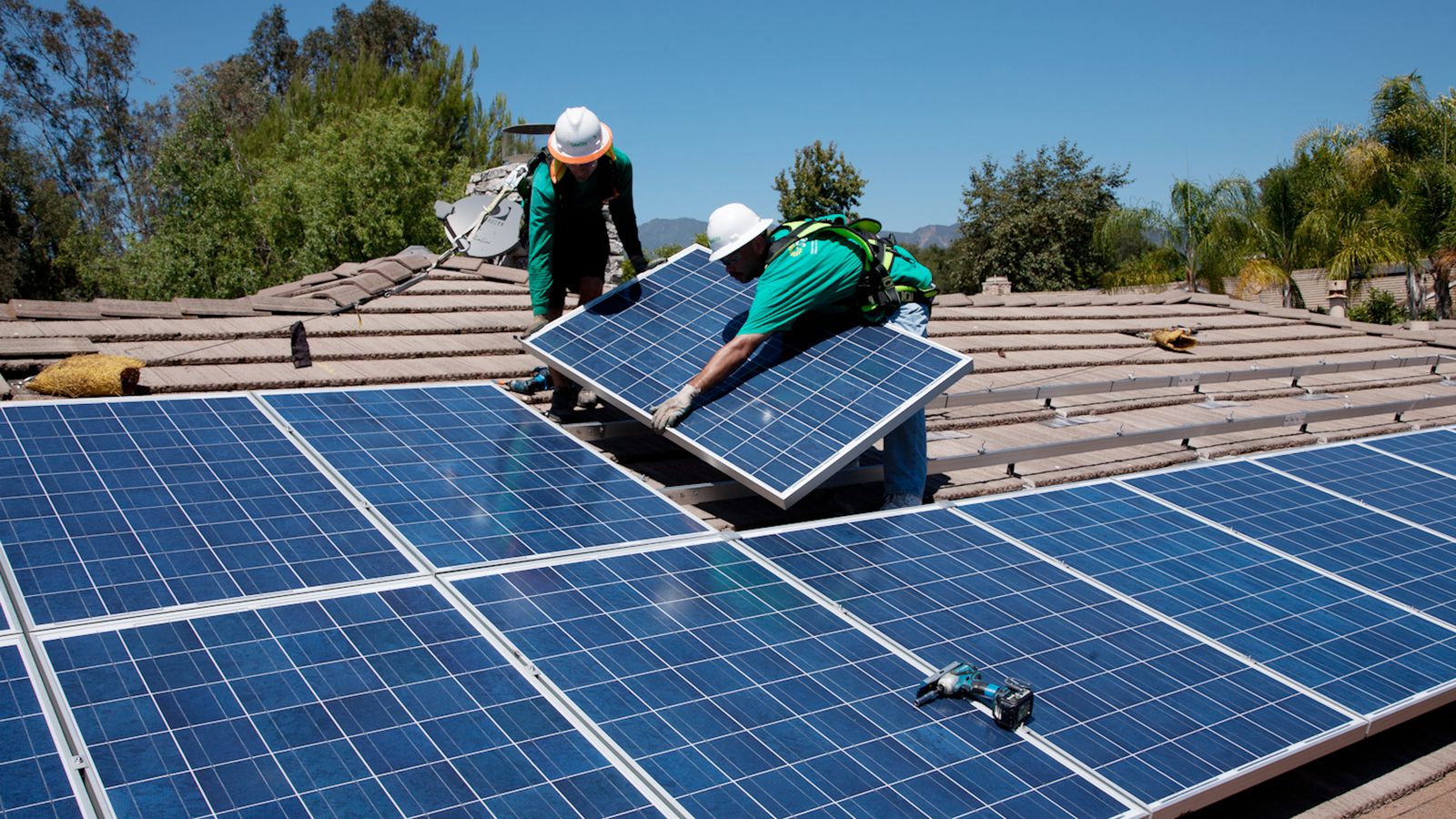As the world shifts towards renewable energy sources, more and more homeowners are realizing the benefits of rooftop solar panels. Not only do they provide an eco-friendly energy solution, but they can also significantly reduce energy bills over time. However, before making the decision to install rooftop solar panels, there are several essential considerations that must be taken into account. Failure to do so can result in an installation that is inefficient, costly, and potentially dangerous. Carter Roofing brings you the essential considerations to ensure a smooth and efficient solar panel installation on your rooftop.
Roof type and condition assessment
- Before making the decision to install solar panels on your roof, it is important to assess the type and condition of your roof.
- A thorough inspection of the roof is essential to ensure it is capable of supporting the weight of the solar panels and will not require any significant repairs or replacements in the near future.
- The type of roofing material and the slope of the roof can also impact the feasibility and cost of the installation.
- For example, slate or tile roofs may require additional structural support, while flat roofs may require a different type of mounting system.
Suitable solar panel placement analysis
Suitable solar panel placement analysis is a critical factor to consider before installing rooftop solar panels. The solar panel placement analysis involves an evaluation of the rooftop’s orientation, tilt, shading, and overall structural stability. The orientation of the rooftop is essential since it determines the amount of sunlight the panels will receive. Ideally, solar panels should face north in the southern hemisphere and south in the northern hemisphere. The tilt of the roof also affects the amount of sunlight the panels receive. A tilt angle of between 15 and 40 degrees is recommended for optimal solar energy production. Shading is another factor that can affect solar panel performance.
Required permits and regulations compliance
Before proceeding with rooftop solar panel installation, it is crucial to ensure that all the necessary permits and regulations are in place. Governments and local authorities have set specific requirements that need to be met before solar panels can be installed on rooftops. These requirements vary from one location to another, so it is essential to research and understand the specific regulations in your area. Failure to comply with these regulations can lead to penalties, fines, and even legal action.
Budget planning for installation costs
One of the essential considerations prior to rooftop solar panel installation is budget planning for installation costs. Installing solar panels on your roof is a significant investment, and it’s crucial to be prepared for the installation expenses. You’ll need to consider the cost of the solar panels, the installation labor, and any additional equipment required for the installation. You should also factor in the cost of permits, inspections, and any necessary upgrades to your electrical system. It’s recommended to get quotes from multiple solar installation companies to compare prices and choose the best option for your budget.
Maintenance and cleaning requirements
- When considering the installation of rooftop solar panels, it is important to take into account the maintenance and cleaning requirements of these systems.
- While solar panels are generally low-maintenance, occasional upkeep is necessary to ensure optimal performance and longevity.
- It is recommended that solar panels be inspected and cleaned at least once a year, or more frequently in areas with high levels of dust, pollen, or other debris.
Installing rooftop solar panels is a smart investment for homeowners and businesses looking to reduce their carbon footprint and save money on energy bills. However, it’s important to consider several factors before installation, such as the location, orientation, and condition of your roof, as well as local regulations and incentives. By taking the time to assess these essential considerations, you can ensure a successful and efficient solar panel installation that meets your energy needs and long-term goals.

